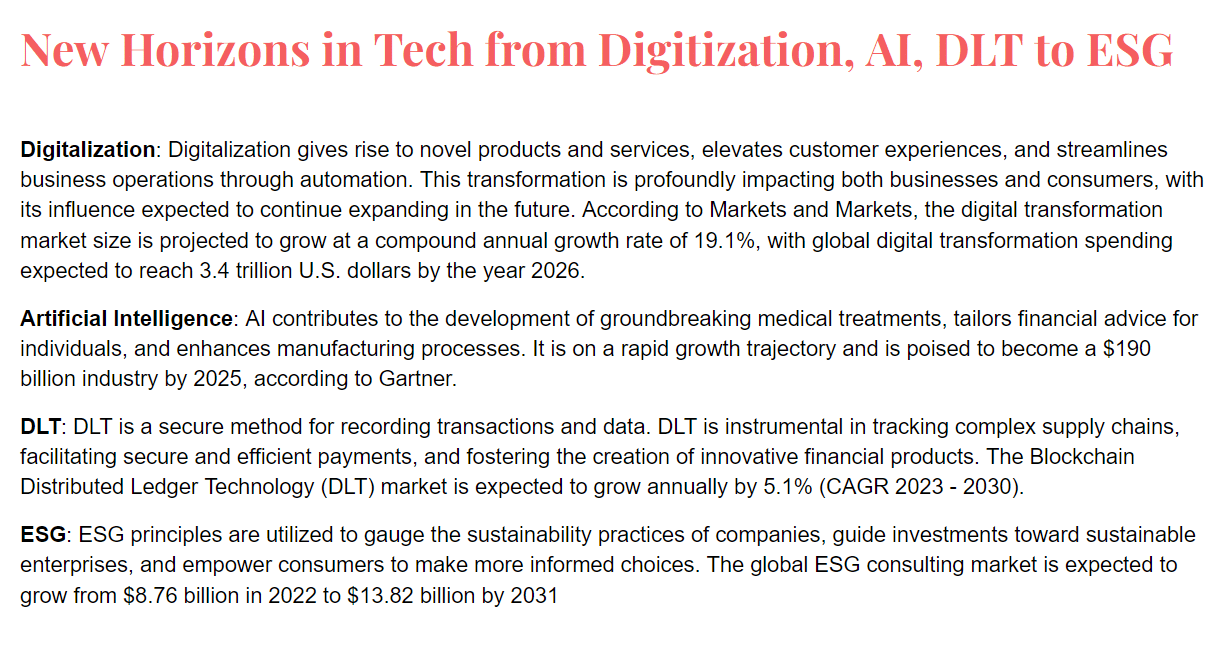In an intriguing echo of its past, Japan finds itself once again at the crossroads of economic deflation and soaring stock market indices. This phenomenon, reminiscent of the “Lost Decade(s)” of the 1990s and early 2000s, has both economists and investors keenly watching. The juxtaposition of declining general price levels alongside a bullish stock market presents a complex scenario that warrants a closer look, especially through the lens of history.

A Glimpse into the Past
Japan’s Lost Decade(s) is a period etched in economic history, characterized by a burst asset price bubble, leading to years of economic stagnation, deflation, and a troubled banking sector. The government and the Bank of Japan (BoJ) responded with a mix of monetary easing, zero interest rate policies, and fiscal stimulus packages. However, these measures were often criticized for their timing and effectiveness, leaving Japan to grapple with slow growth and deflationary pressures for years.
The 2024 Paradox
Fast forward to 2024, and Japan is witnessing a similar, albeit distinct, economic landscape. Deflationary pressures have reemerged, yet the stock market is performing robustly. Several factors contribute to this paradox:
- Global Monetary Environment: With central banks around the world maintaining low interest rates, investors are in search of higher returns, often finding them in stock markets, including Japan’s.
- Technological Advancements: Certain sectors, particularly technology, have shown resilience and growth even as broader economic indicators falter. Companies at the forefront of innovation attract investment, pushing stock prices up.
- Government and BoJ Interventions: Continuous efforts by the Japanese government and the BoJ to stimulate the economy, including quantitative easing and fiscal stimulus, have maintained liquidity in the market, encouraging investment in stocks.
- Investor Sentiment: Despite economic challenges, investor sentiment can sometimes be buoyed by future growth prospects, especially in industries poised for long-term gains.
Lessons from the Past
The current scenario presents an opportunity to reflect on lessons learned from the Lost Decade(s). The importance of timely and effective policy interventions cannot be overstated. Moreover, diversification and innovation within the economy are crucial for resilience against deflationary pressures. Japan’s focus on technological advancement and its position in global supply chains can serve as a buffer against domestic economic challenges.
The Road Ahead
As Japan navigates this complex economic terrain, the path forward involves a balanced approach. Policy measures must aim not only to combat deflation but also to foster sustainable economic growth. This includes investing in future technologies, enhancing productivity, and ensuring that monetary and fiscal policies are aligned with long-term economic objectives.
Investors, for their part, should remain vigilant, recognizing that stock market highs in the face of economic deflation warrant a cautious investment strategy. Diversification and a focus on sectors with strong growth prospects are more critical than ever.
Conclusion
The juxtaposition of deflation and a high-performing stock market in Japan is a reminder of the nuanced and interconnected nature of global economies. Drawing lessons from the past, Japan’s path forward is paved with both challenges and opportunities. For policymakers, investors, and the broader global community, understanding and navigating this landscape requires a blend of historical insight, strategic foresight, and a commitment to long-term economic health and stability.



